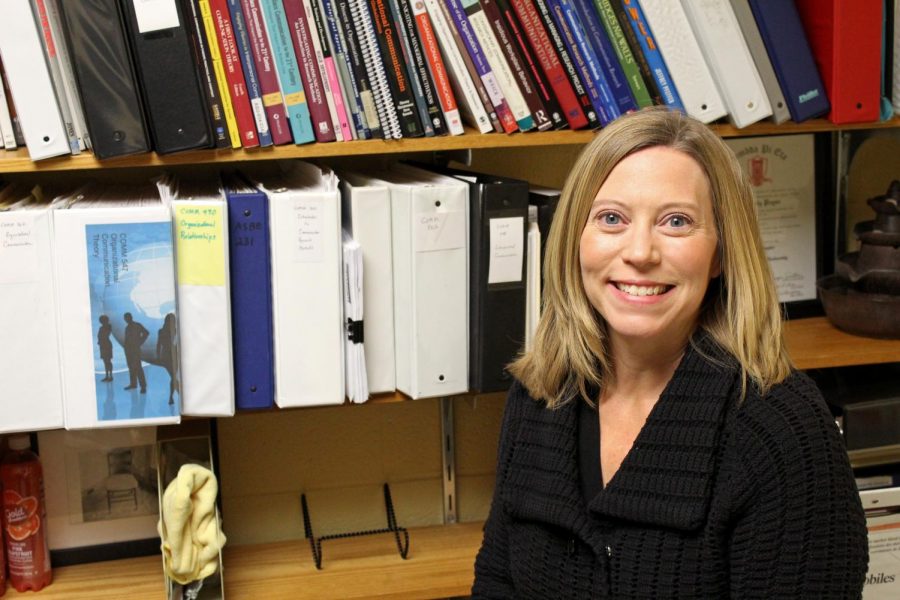What do you really feel when you’re in love?
February 12, 2020
Have you ever had those butterflies in your stomach? Or just simple heart eyes looking at someone you love. The overwhelming feeling of serenity, euphoria, a racing heart and so much more just for one person. But really goes on in your body when you’re experiencing love?
“When you have the feeling of love, it triggers all these chemical reactions in your body. You may even feel tingly, your heart races, even a shortness of breath, all these things that show you are emotionally and physiologically engaged with that,” said Dr. Holly Payne, professor in the department of communications.
There are many components when addressing love. Dr. Helen Fisher and a team of scientists from Rutgers University put love into three categories: lust, attraction and attachment.
“Lust is driven by the desire for sexual gratification,” said Kathryn Wu in “Love, Actually: The science behind lust, attraction and companionship” from Harvard University Graduate School of Arts and Sciences.
According to Wu, the hypothalamus in the brain stimulates the sex hormones, testorone and estrogen.
While lust can be pretty general, attraction is more defined. Even though lust and attraction work with one another, attraction follows a different pathway of the brain that controls ‘reward’ behavior. Wu said that high levels of dopamine and norepinephrine are released in the brain, making you feel giddy and energetic.
And lastly, attachment is the type of love that makes us stay in long term relationships.
“Attachment mediates friendships, parent-infant bonding, social cordiality, and many other intimacies as well,” said Wu.
The two primary hormones in attachment appear to be oxytocin, which provokes calmness and security. And vasopressin, which is linked behavior that produces long term relationships, Wu said.
“I think that’s what’s really fascinating when dealing with this because we tend to lose our critical thinking skills when we feel love,” Dr. Payne said. “I think that’s a great feeling. I feel as if some people feel euphoria, when they experience that, but at the same time we may not see things we ought to see.”
With the varying levels of hormones and brain pathways, one thing is certain: feelings never lie. The undeniable heart pounding, loss of breath or just that simple feeling of comfort is more than enough to know that you are in love.
Features reporter Gabrielle Bunton can be reached at [email protected].















